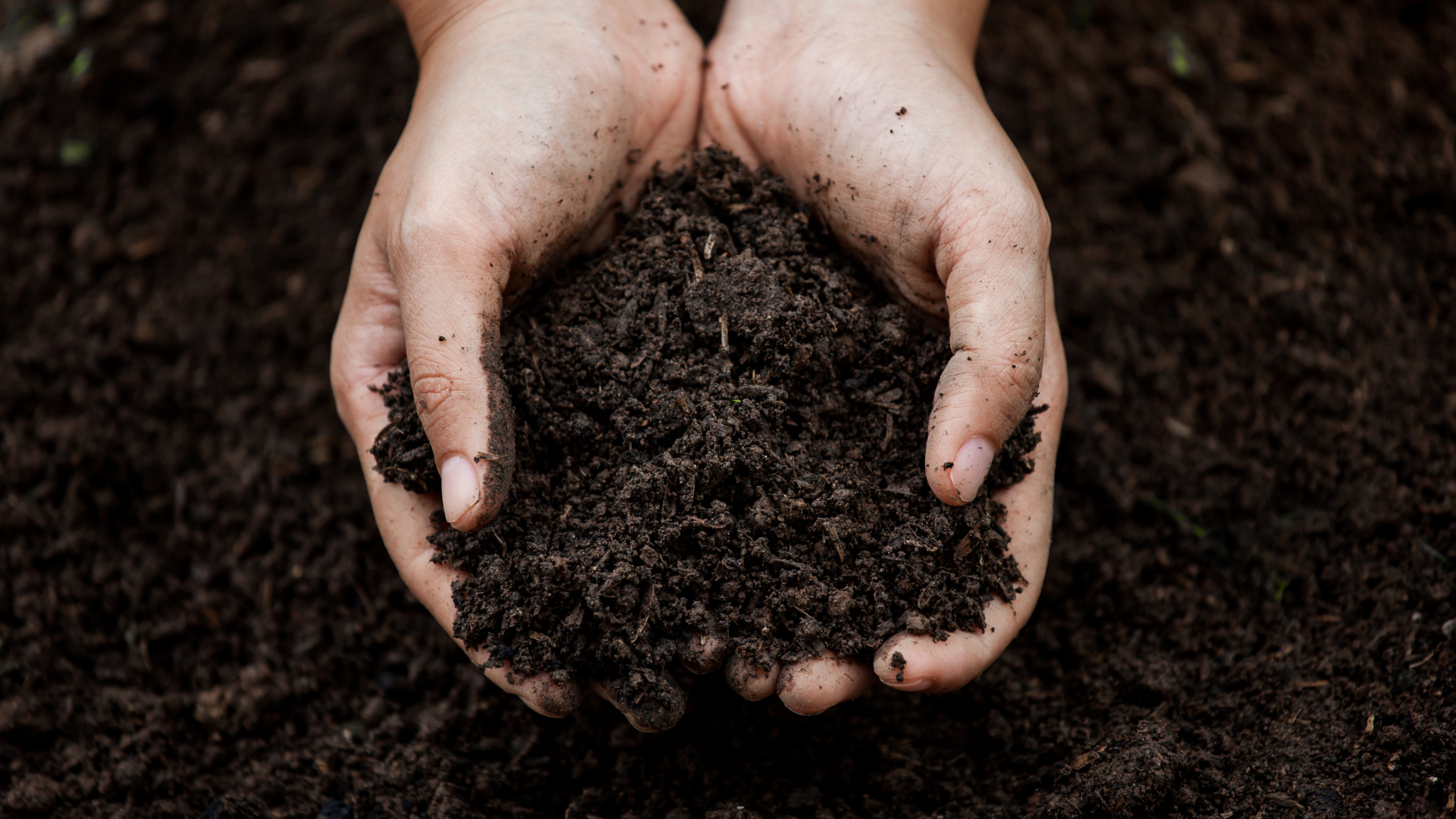
The Foundation of Your Landscape: The Importance of Soil Health
Often overlooked, soil health is the cornerstone of a thriving landscape. Whether you’re in Toronto or Simcoe County, the quality of your soil directly influences the beauty, resilience, and longevity of your plants, trees, and overall outdoor space. While Southern Ontario is blessed with pockets of deep and rich soil, it’s essential to recognize that not all soil is created equal. Factors like the type of plants you’re growing, the existing soil composition, and the specific conditions of your property, coupled with the ever-changing weather, can all impact soil health. Regularly monitoring and refreshing your soil, perhaps as often as yearly, can be the key to maintaining a vibrant and sustainable landscape. Good soil doesn’t just support your plants—it nurtures them, providing the necessary nutrients, structure, and moisture retention that are essential for growth and vitality. Investing in your soil is, quite literally, investing in the future of your landscape.
Nutrient-Rich Environment for Plant Growth
Healthy soil is teeming with essential nutrients that nourish your plants. It acts as a natural reservoir, releasing these nutrients as needed to support robust growth, vibrant colors, and increased resistance to pests and diseases.
Improved Water Retention and Drainage for Soil Health
Proper soil structure enhances water infiltration, preventing runoff and erosion. Healthy soil acts like a sponge, absorbing excess water and releasing it gradually to plant roots. This balance is crucial for preventing drought stress and waterlogging.
Stronger Plants, Fewer Problems
Plants rooted in healthy soil develop stronger immune systems, better equipped to fend off pests and diseases. This reduces the need for harmful chemicals, creating a safer environment for you, your family, and beneficial insects.
Environmental Benefits
Healthy soil plays a vital role in carbon sequestration, helping to mitigate climate change. It also acts as a natural filter, improving water quality by preventing pollutants from reaching groundwater.
How to Improve Soil Health
- Add organic matter: Compost, manure, and leaf mold enrich soil with nutrients and improve structure.
- Reduce compaction: Aeration helps break up compacted soil, allowing better air and water flow.
- Cover crops: Planting cover crops between growing seasons adds organic matter and prevents erosion.
- Soil testing: Regularly analyze your soil to identify nutrient deficiencies and adjust accordingly.
Investing in soil health is an investment in the long-term beauty and sustainability of your landscape. By prioritizing soil care, you’ll enjoy a healthier, more vibrant outdoor space that requires less maintenance and fewer chemical inputs.